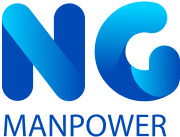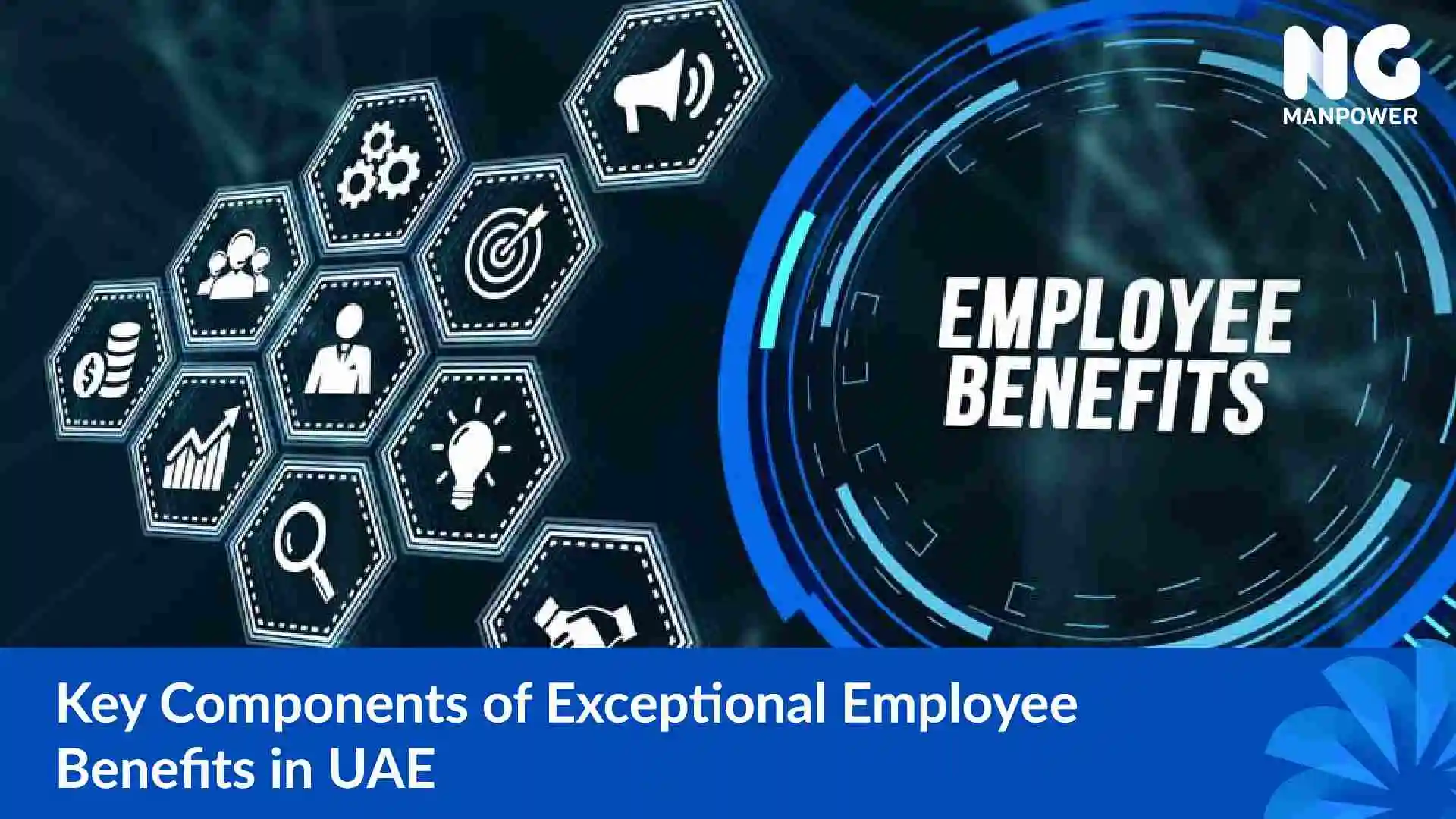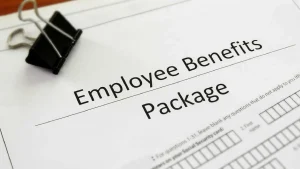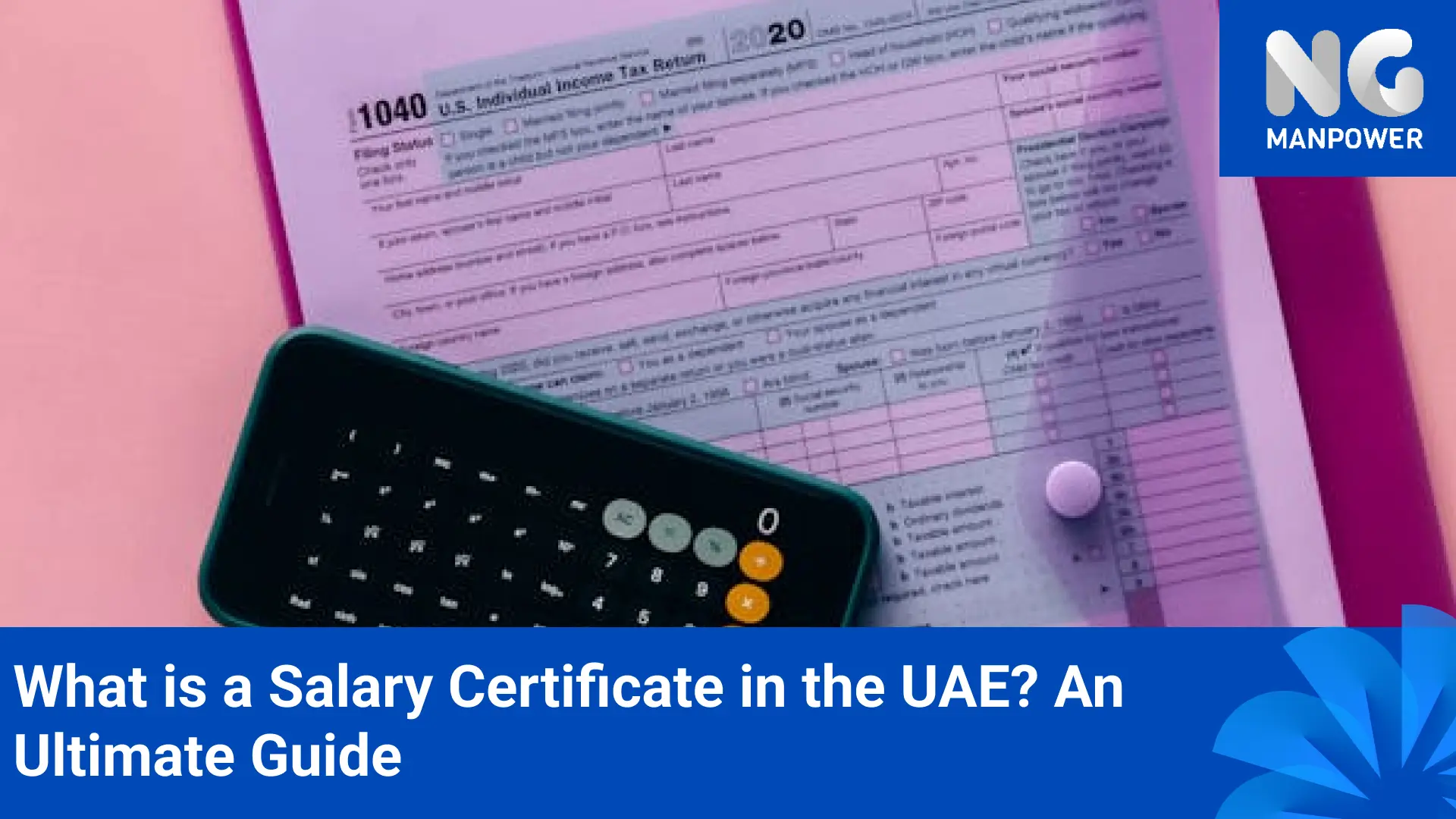Benefits are essential for employee performance and wellness as well as for recruitment and retention. But how do you start when creating your company’s benefits package as a business owner or HR leader? Learning how to provide exceptional employee benefits in UAE are crucial to make the most out of your staff and develop your operations.
In this article, we will be talking about the top-notch employee benefits in UAE. All firms must take into account a number of factors when it pertains to workforce benefits. Additionally, they must be informed of and abide by any revisions to the new UAE Labour Law, which recently went into effect.
Career Development Support Opportunities for Growth In UAE
Today, almost every business is seeking to improve its technical abilities and provide the foundation for significant growth.
However, what distinguishes the world leaders from the competition is the inventiveness, professionalism, and dedication of their staff to the company’s objectives. It is vital to concentrate on people development if you want to establish a vibrant and committed team. Programs for employee career development are a terrific method to systematically go in this direction.
Enhancing and upgrading an employee’s current skills and competences is called employee development. It gives individuals the chance to gain additional abilities that will benefit their career and personal development while also advancing the goals of the company. Organizations take on projects for staff development to achieve a variety of goals, which can include several of the following:
- Boost satisfaction and engagement among employees.
- Lower employee churn.
- Boost total income and organizational effectiveness.
- Increase brand recognition and image.
- Increase staff productivity by giving simple opportunities for learning.
Certain benefits of providing a career development strategy include:
- Employees are more likely to leave their current employment if they do not see or experience career advancement. A strong professional growth strategy could be a useful negotiating tool. Employees would not logically stay on at a job for a long time if there was no guarantee of promotion.
- Possibilities for growth professionally can increase employees’ appreciation and affection for their professions, whether they move vertically or horizontally. They might rediscover their enthusiasm for their jobs and make an effort to improve.
- Programs for career development can emphasize soft skills in addition to technical skills. One of the most useful soft skills to develop across all industries is teamwork. Additionally, understanding how to work with others and achieve common goals is a part of employee development.
Certification & Skill Recognition for Manpower
Certification and skill recognition for manpower in UAE is the acknowledgement of the abilities the staff can learn from their work, previous training, or their life experience. Your manpower can work for your business without any proper qualifications. So, recognizing and updating their abilities is essential. But also, lessening their time away from their positions is important too.
Skills recognition means that their abilities will be certified against company norms and national qualifications. This, in order to discover any gaps or additional training that may be necessary. As a result, employees will not have to relearn anything.
For the quality control of industries gaining access to international markets, having qualified personnel is becoming increasingly crucial. Additionally, it is critical for the staff members’ own motivation, self-assurance, and employee morale.
Besides, skills recognition can:
- Determine your staff’s existing skill levels and any skill gaps.
- Enables you to teach your team in the most cost-effective and carefully targeted manner.
- Boost the output of your employees.
- Boost your staff’s motivation, confidence, and morale.
- In less time, develop a workforce that meets the requirements.
Identifying Soft Abilities Beyond knowledge of Technology
Numerous aptitudes and behaviors are deemed to be soft talents. Contrary to hard skills, which frequently refer to technical aptitudes, soft skills are any abilities the manpower acquires outside of their technical proficiency and academic knowledge. Finding and developing soft abilities will provide your team with abilities that are transferable to many different employment sectors and industries.
Soft skills are a group of character attributes shaped through routines. Interpersonal and communication abilities, for instance, are particular soft skill kinds that many employers respect and seek in candidates.
Several of the most in-demand soft skills include the following:
- Communicating effectively
- Teamwork ability
- Dependability
- Adaptability
- Conflict resolution ability
- Flexibility
- Leadership skills
- Problem-solving
- Research
- Creative expression
- Humility
- Altruism
In every aspect of the workforce, soft skills are crucial. As workers move through their profession, they employ soft skills to interact with everyone they come into contact with. Writing a CV, attending interviews, and working are all included in this. When hiring staff, employers may include particular soft skill requirements in the job description. While cooperation and flexibility can be listed as desirable qualities for a position as a marketing specialist, a call for a landscaping professional might include other skills.
Soft skills are adaptable. Employees could discover that they can apply them to a variety of jobs and markets. Employers should try to avoid putting too much emphasis on hard skills because soft skills are just as vital as hard skills, if not more so. During the interview process, be thorough and ask the kinds of questions that will highlight the candidates’ interpersonal skills. Finding applicants with good soft skills and understanding which ones are most crucial for workers of your company to possess are the first steps in the hiring process.
Tapping into UAE’s Professional Networks
Businesses can gain a lot from working with a personnel outsourcing firm in Dubai like NG Manpower in terms of reduced costs and improved operational effectiveness. This is how you can make the most out of outsourcing services and enhance employee benefits Dubai:
- Businesses can avoid the significant costs of hiring, educating, and keeping an internal workforce by outsourcing personnel. We specialize in outsourcing human resources, giving clients a link to a pool of competent employees without the expense of time-consuming hiring procedures. Businesses can cut costs on benefits, wages, workspace, technology, and HR management by collaborating with us.
- According to economic conditions, business demands, or seasonal variations, a company’s workforce needs may change. Businesses get the ability to swiftly and effectively scale their personnel up or down by working with a workforce outsourcing company. With the help of our technologies, businesses can respond quickly to changing customer demands without having to worry about recruiting or firing new staff members.
- Businesses can tap into an outsourcer’s expertise and gain from their particular knowledge because of their significant experience in outsourcing manpower. The firm has access to a broad network of knowledgeable individuals from a variety of industries, guaranteeing that talent with particular skill sets that match the needs of the business is available. Because organizations can take advantage of the particular abilities and understanding of the external workforce, this expertise may result in better operational efficiency.
- Businesses can concentrate on their core capabilities and strategic ambitions by outsourcing manpower-related services to a reliable partner. Businesses can free up their own resources and refocus their attention on additional value activities that promote expansion and competitiveness by outsourcing processes like hiring, training, and payroll administration.
Legal Compliance: UAE Employment Benefits Regulations
Federal Decree-Law N° 33, which took effect in February 2022, revised the UAE Labor Law (Federal Decree N° 8 Organization of Labor Relations, 1980), laying out the advantages that businesses must continue to provide to their staff.
The New Labor Law, commonly known as Federal Decree-Law No. 33, is applicable to all private businesses but does not apply to the following staff members:
- Officers and employees of the federal and local governments.
- Military, police, and security personnel.
- Employees bound under the Employment Law N° 2 of 2019 (Dubai International Finance Centre) and Employment Regulations of 2019 (Abu Dhabi Global Market).
Because the DIFC and ADGM operate within their respective legal frameworks and hiring rules that cover everything from the hiring of foreign nationals to minimum pay, safety and health, and terminating contracts, their employees are not subject to UAE employment laws.
In order to operate within the applicable legal framework, foreign businesses seeking to engage employees in the UAE must create a legal entity in one of the Emirates, unless they collaborate with an Employer of Record (EOR) organization.
Disclosures and transparency requirements
The days of secret salary negotiations are over. Pay and benefit transparency regulations, which mandate that firms reveal their pay rate and benefits to potential employees or present workers, are standardizing the sharing of employee compensations at both large and small businesses.
Employers and job applicants have been avoiding the simple but crucial issue of how much this position pays for decades.
Laws requiring pay transparency are making salary information public. Whether or not your company exists in a region where you must disclose the wage and employee benefits in UAE, the trend is increasing. It is crucial to think about the implications for your hiring process and job advertising.
Due to the concern that it would lead to employee discontent or reduce the employer’s ability to negotiate during recruitment, companies have traditionally avoided or banned employees from discussing their compensation and benefits with one another. Nevertheless, transparency can provide a number of advantages, such as the following:
- Studies show that 91% of workers who believe their companies are open about how pay choices occur, also believe that people receive salaries fairly from their employers, regardless of race, ethnicity, or gender.
- According to a study, job advertisements with employee benefits in UAE and salary attract more competent applicants. As a result, even though they are not obligated by law to do so, some businesses are embracing the trend towards increased openness.
- By making data for employee benefits in UAE public, companies cannot hide structural disparities that may be affected by gender, race, or other bases.
Impact of Regulations on Compensation Packages
Employers must take into account the needs of the workforce, company resources, national pay regulations, and economic situations when creating a package of benefits in the UAE. Employee benefits are additional incentives that a firm provides to its employees in addition to their base salary or remuneration. These benefits could be financial or involve other items that increase an employee’s overall income. Here are a few examples of standard employee benefits:
- Employees’ provident fund.
- Employee health insurance.
- Paid leaves.
- Statutory leaves.
- Parental leaves.
- Allowances.
- Gratuity.
- Extra compensation.
In UAE, both locals and foreigners have rights for job benefits and pay. Except for a few specific employee benefits in UAE that are solely available to citizens, all mandatory employee benefits are available to all employees across the country.
The employee benefits in UAE, in accordance with UAE labor law, are:
- Minimum wage: In the UAE, there is no statutory minimum wage or remuneration for foreigners. UAE nationals’ minimum pay and salaries currently depend on their degree of education.
- Working hours: The typical workweek in the business industry is 48 hours, or eight hours per day. Manpower has the right to take multiple breaks throughout their shift if the job lasts longer than five hours. These breaks are not included into the computation of working hours.
- Overtime: The rate of additional hours is 125%. On off-days as well as between 10 pm and 4 am, it will move to 150%.
- Insurance: When operating in the UAE, employees and their families are required to get health insurance from their employers.
- Severance: Employees who have been at work for more than five years will be obtain the payment for one month.
- Leaves: Including sick, parental, pilgrimage, and other leaves.
Equity Compensation and Legal Parameters
Offering corporate ownership interests, including assets, options on stock, or other types of equity, as a component of an employee’s remuneration package is referred to as providing equity compensation for employees. It is a desirable method of compensating remote workers, with numerous advantages for both the employer and the employee.
Equity compensation is a reward that many public enterprises and some private businesses, especially start-ups, provide. Equity pay is a strategy that young companies can use to entice top talent. These businesses may not have the money or may prefer to invest their earnings in growth efforts. Equity pay has historically been utilized by technology companies to compensate employees, whether they are in the start-up stage or are larger enterprises.
There is rarely a certainty that receiving stock remuneration will result in a profit. Receiving a salary can be advantageous if you know how much you are getting instead of equity compensation (or in conjunction with equity pay). Your equity compensation might be subject to a wide range of factors.
Legal parameters
The legal documents pertaining to the employee benefits in UAE contain the regulations governing share option plans in private companies.
The employee equity compensation plan must be presented by the company’s directors at a general shareholder meeting.
Options may be granted at the discretion of the employer and need not be presented to all employees under the same conditions.
Prospective employees, or those who have a position offer but are not working yet, may obtain options. Consultants and directors may also receive options.
Options can be in place at a discount, and there is no limit on the number of shares that every employee can receive.
An equity compensation plan must take this into account because a private corporation is unable to have over fifty shareholders.
Learn more about other manpower in UAE topics, go to our insights section now!






